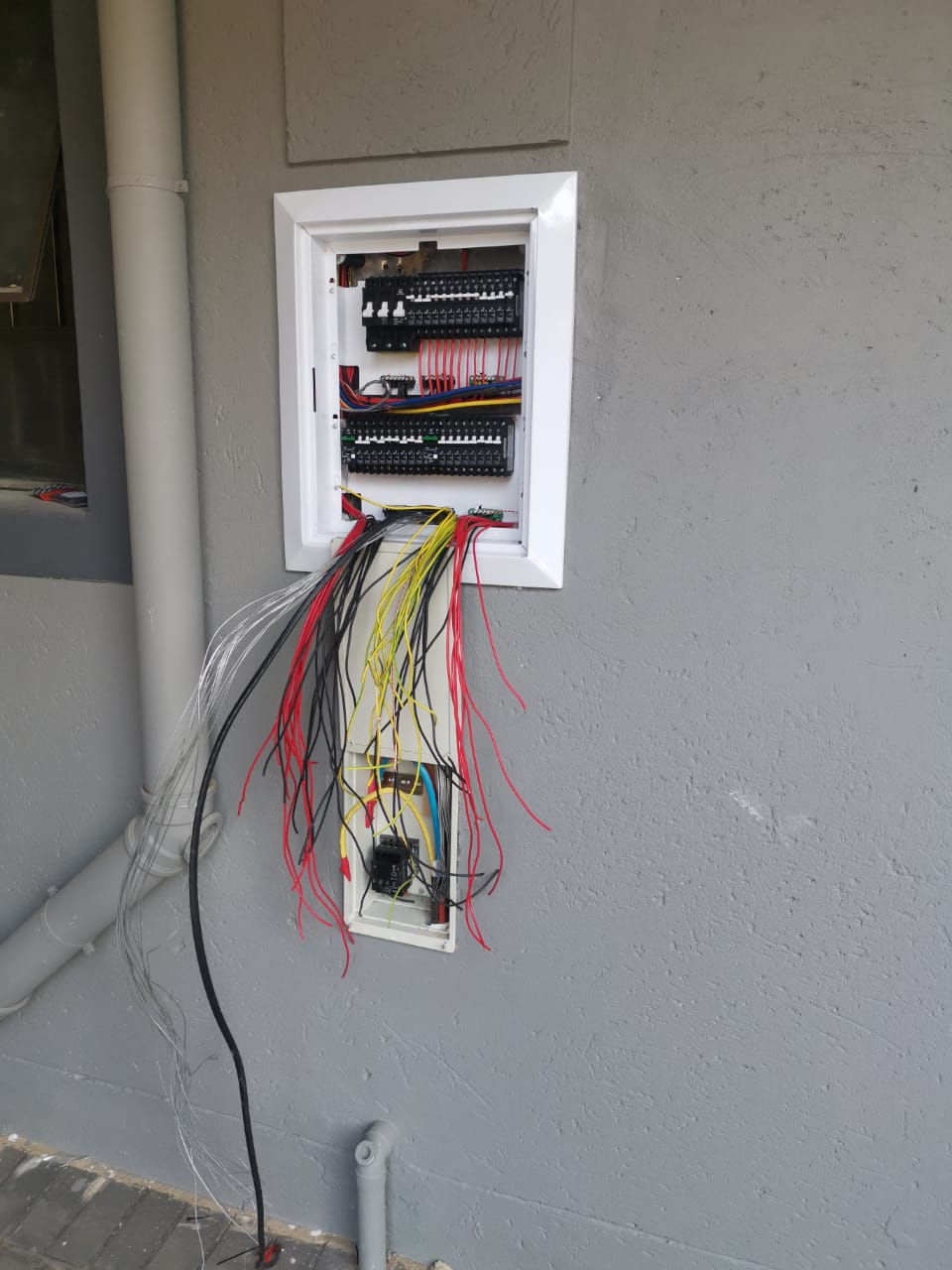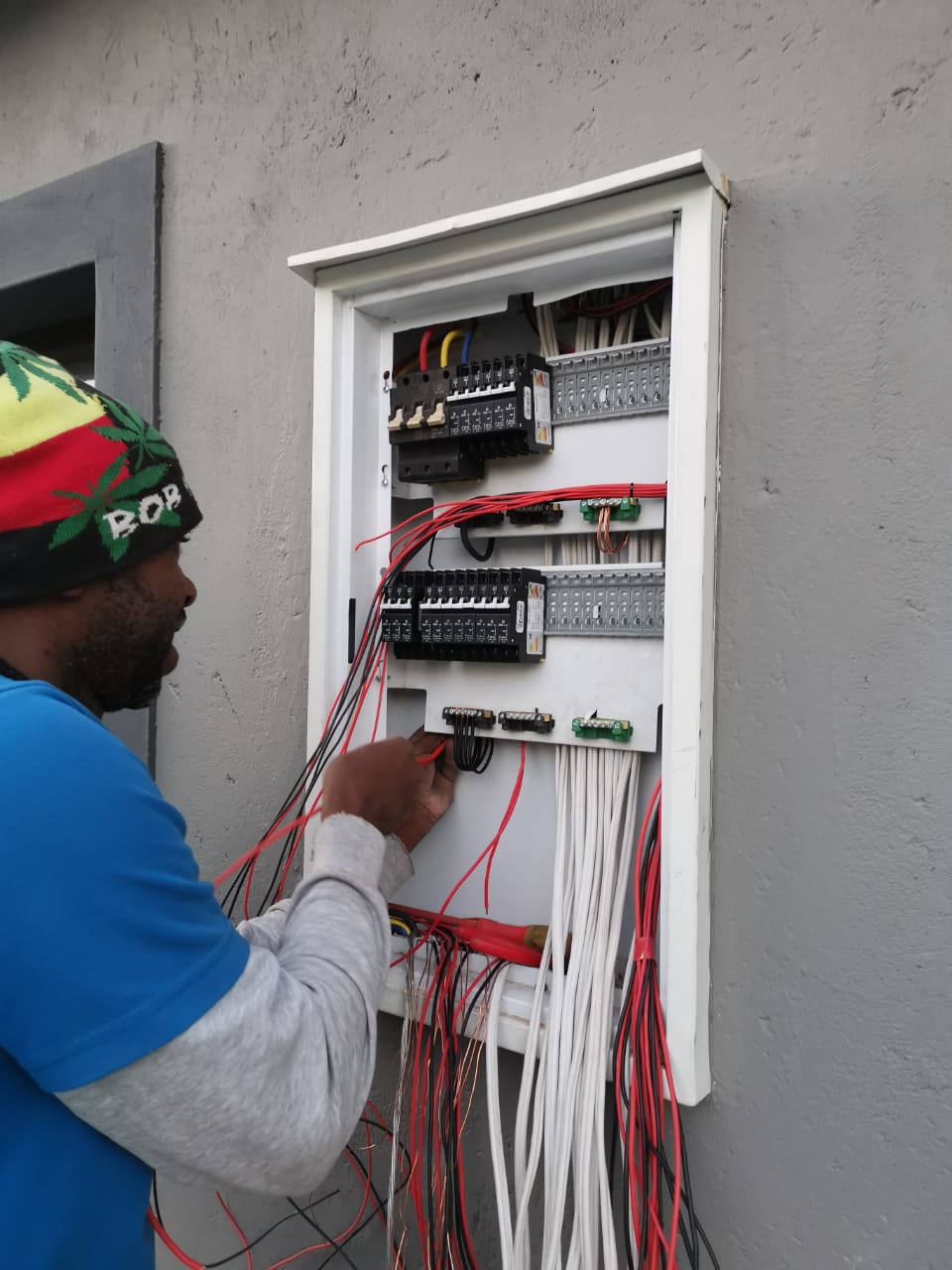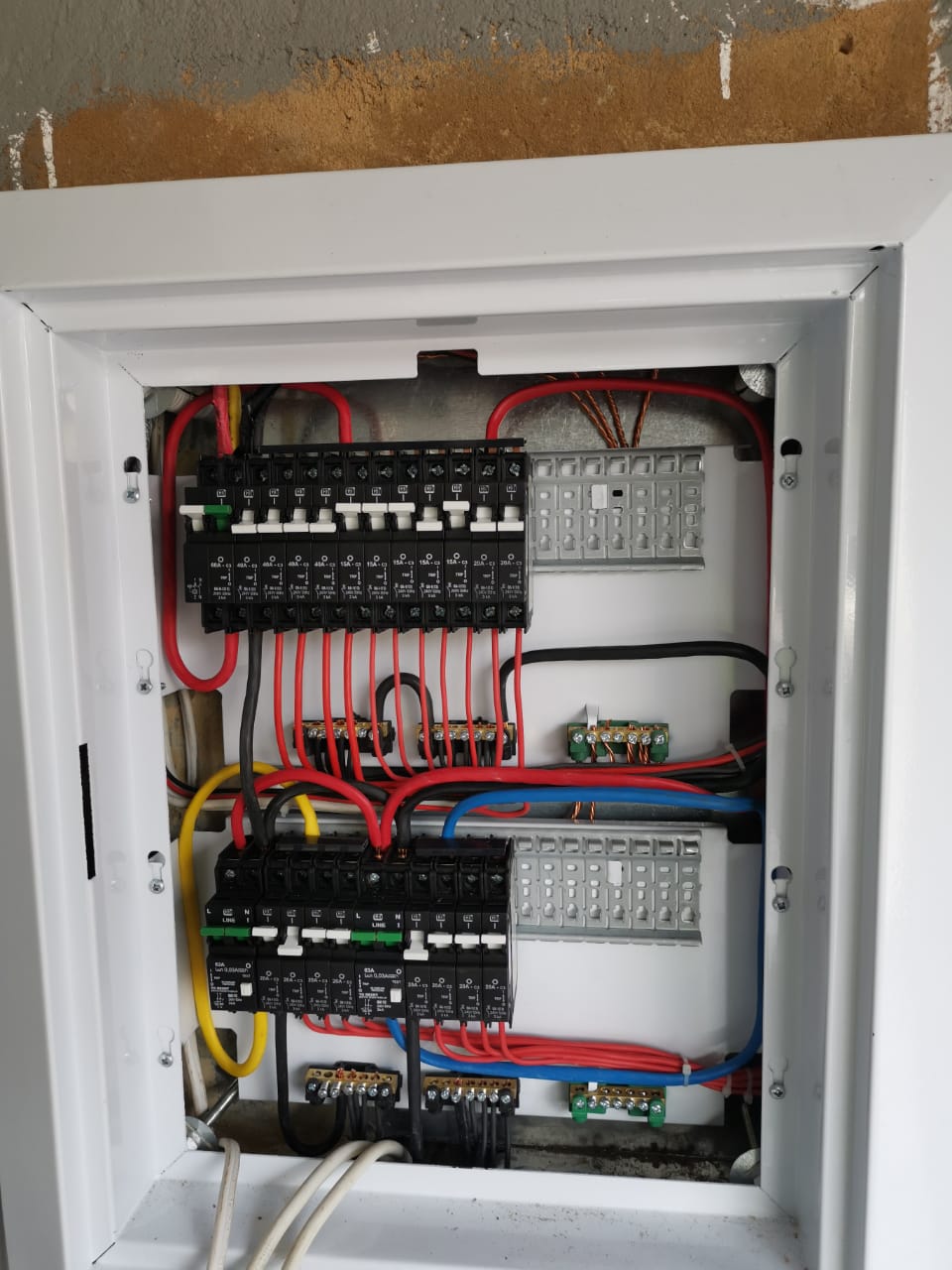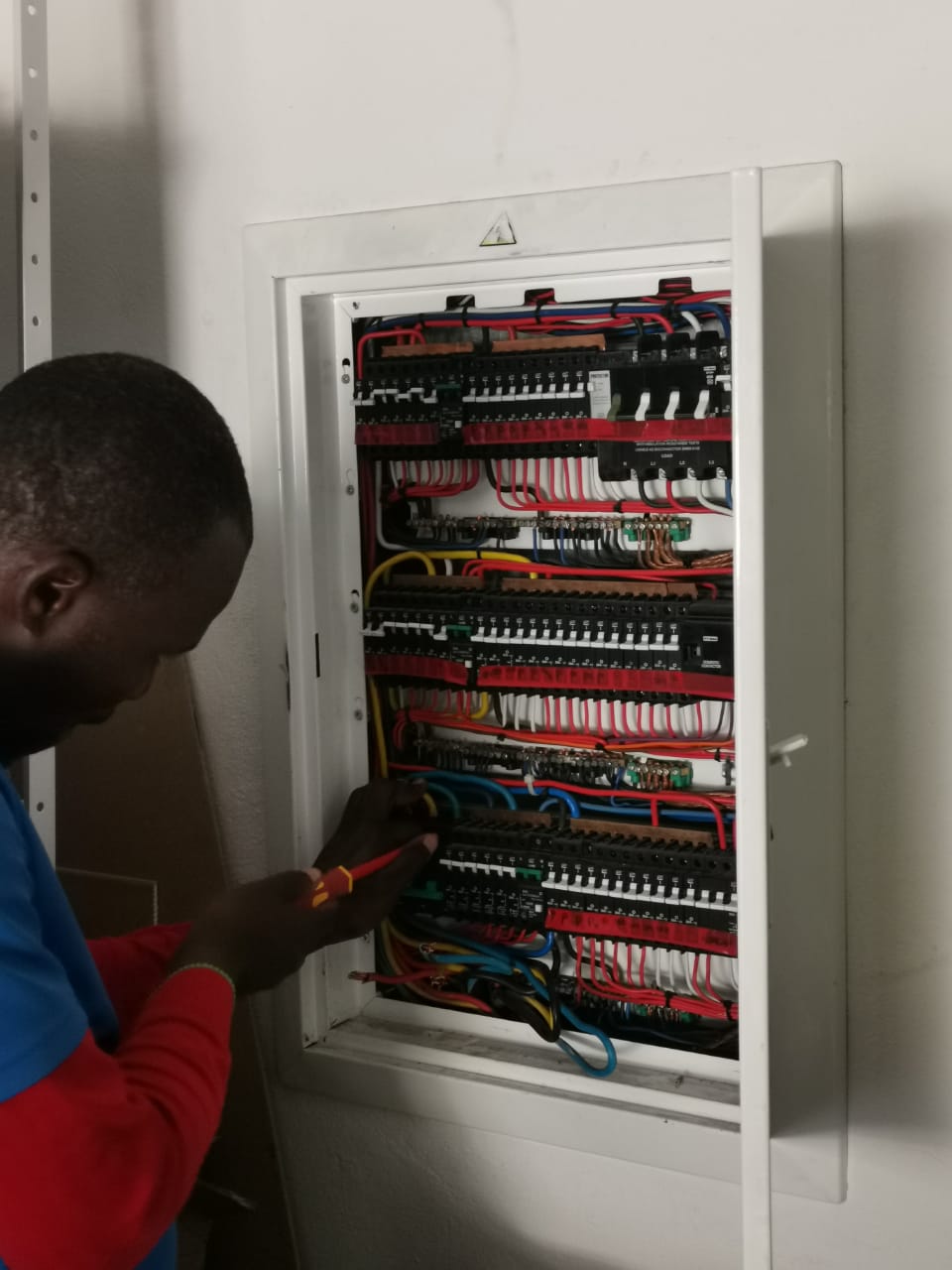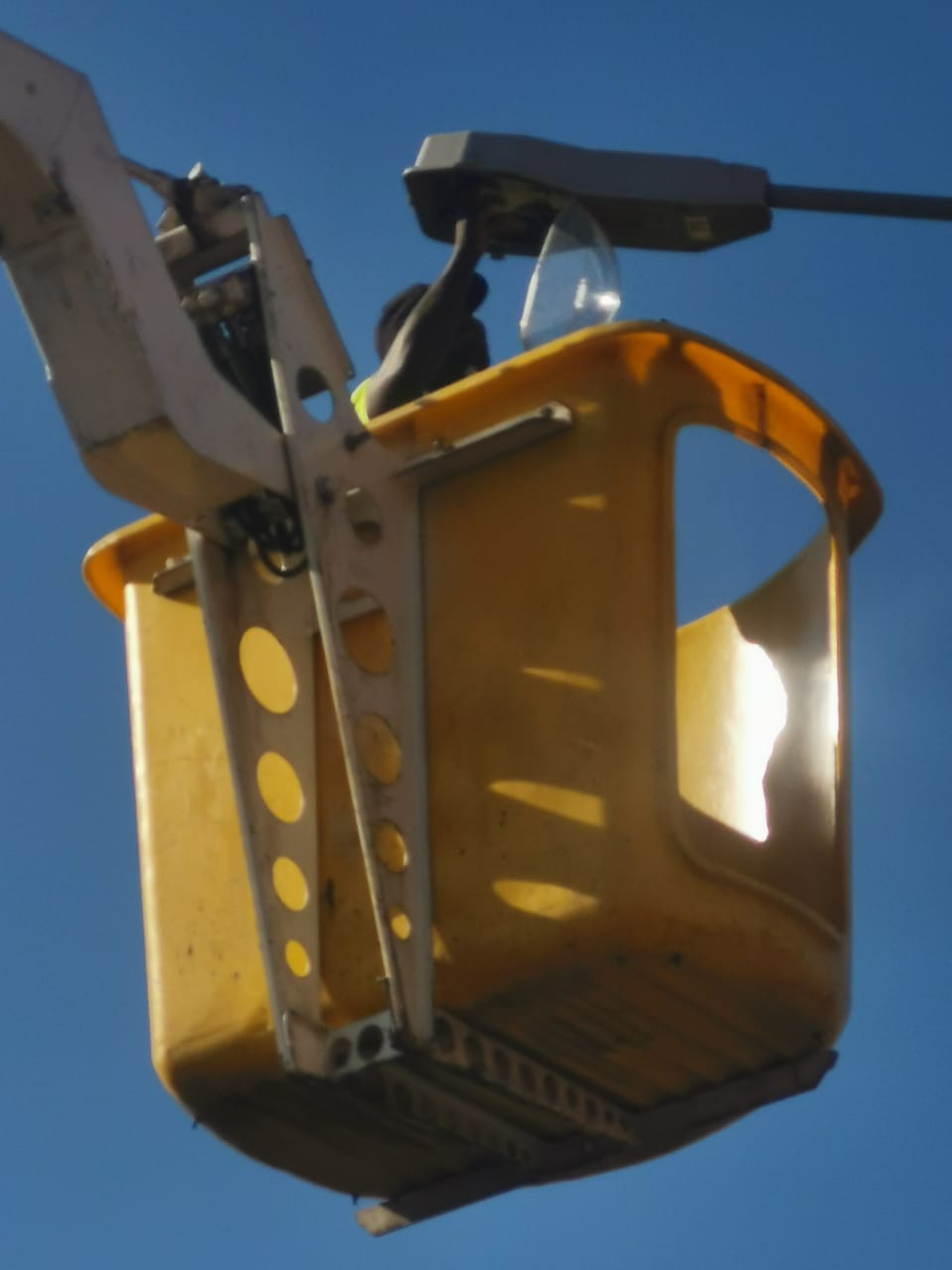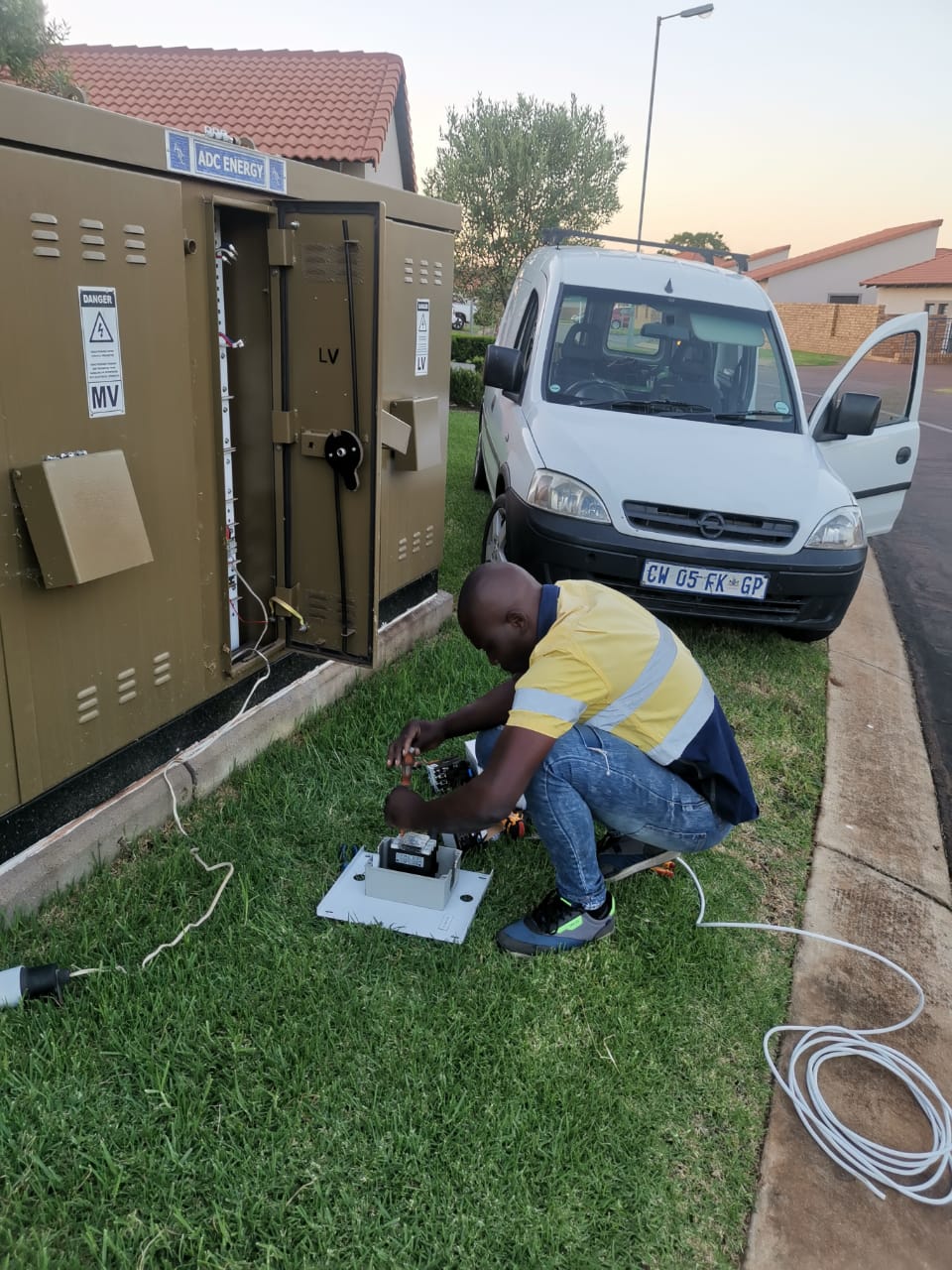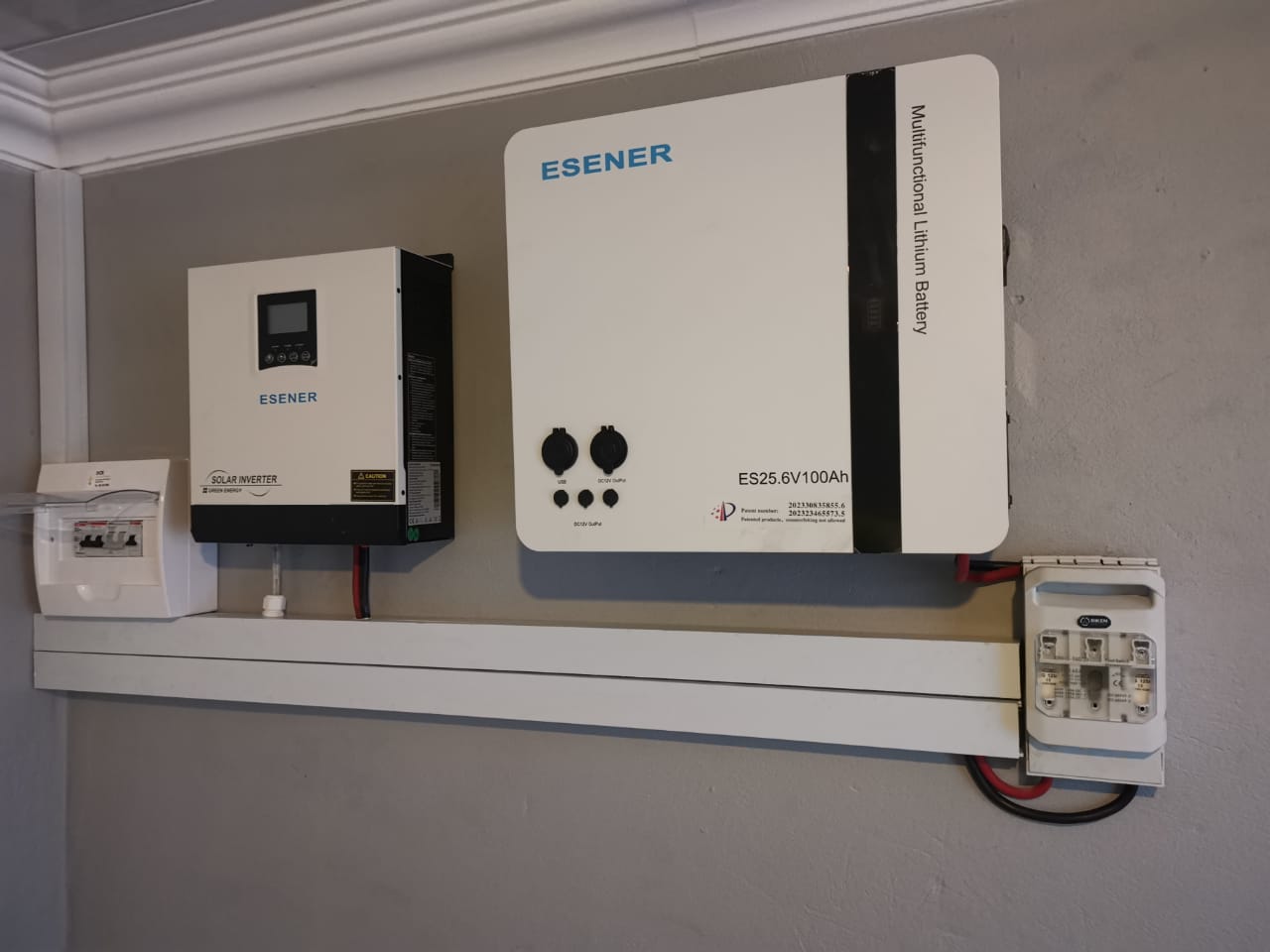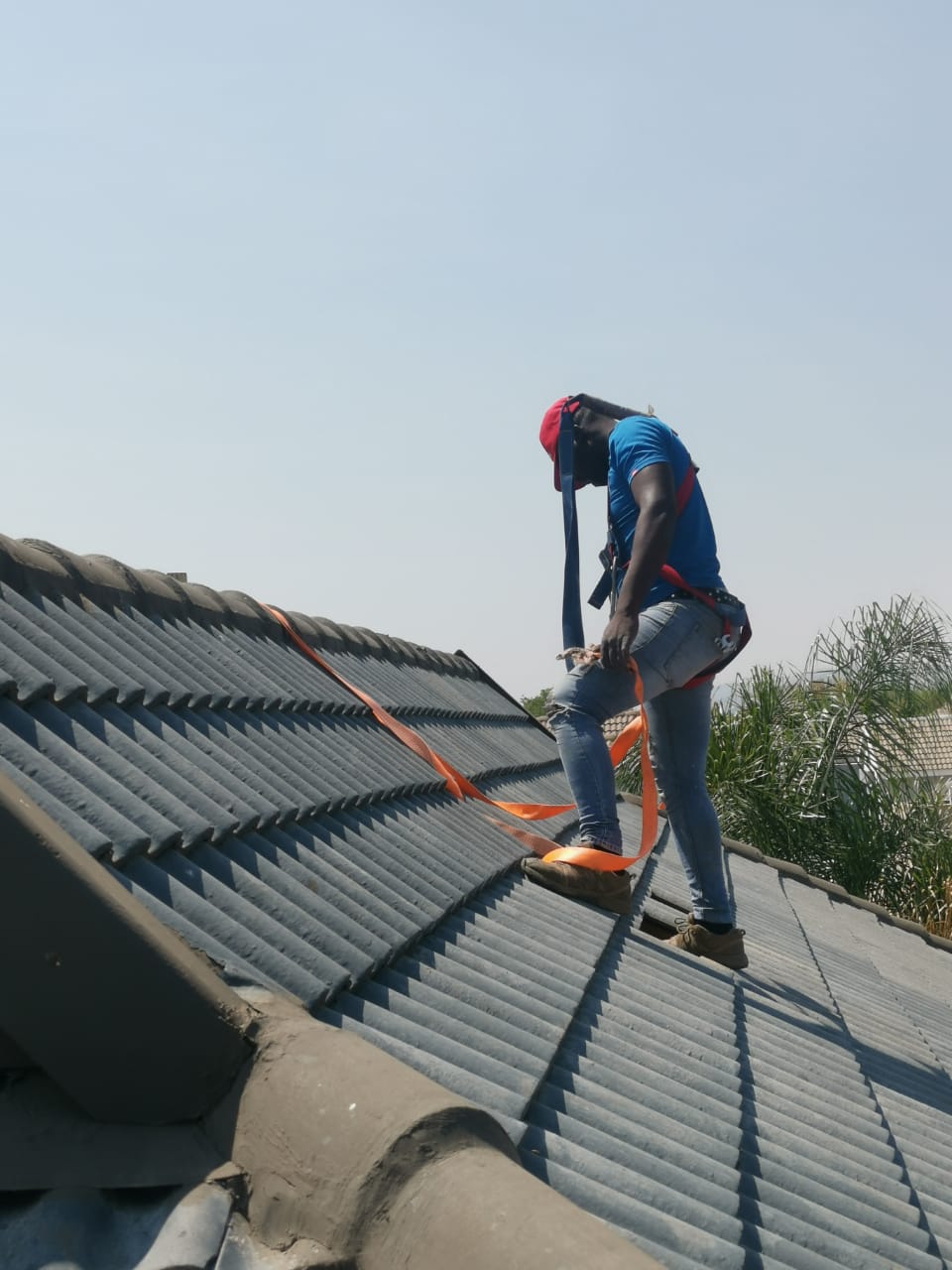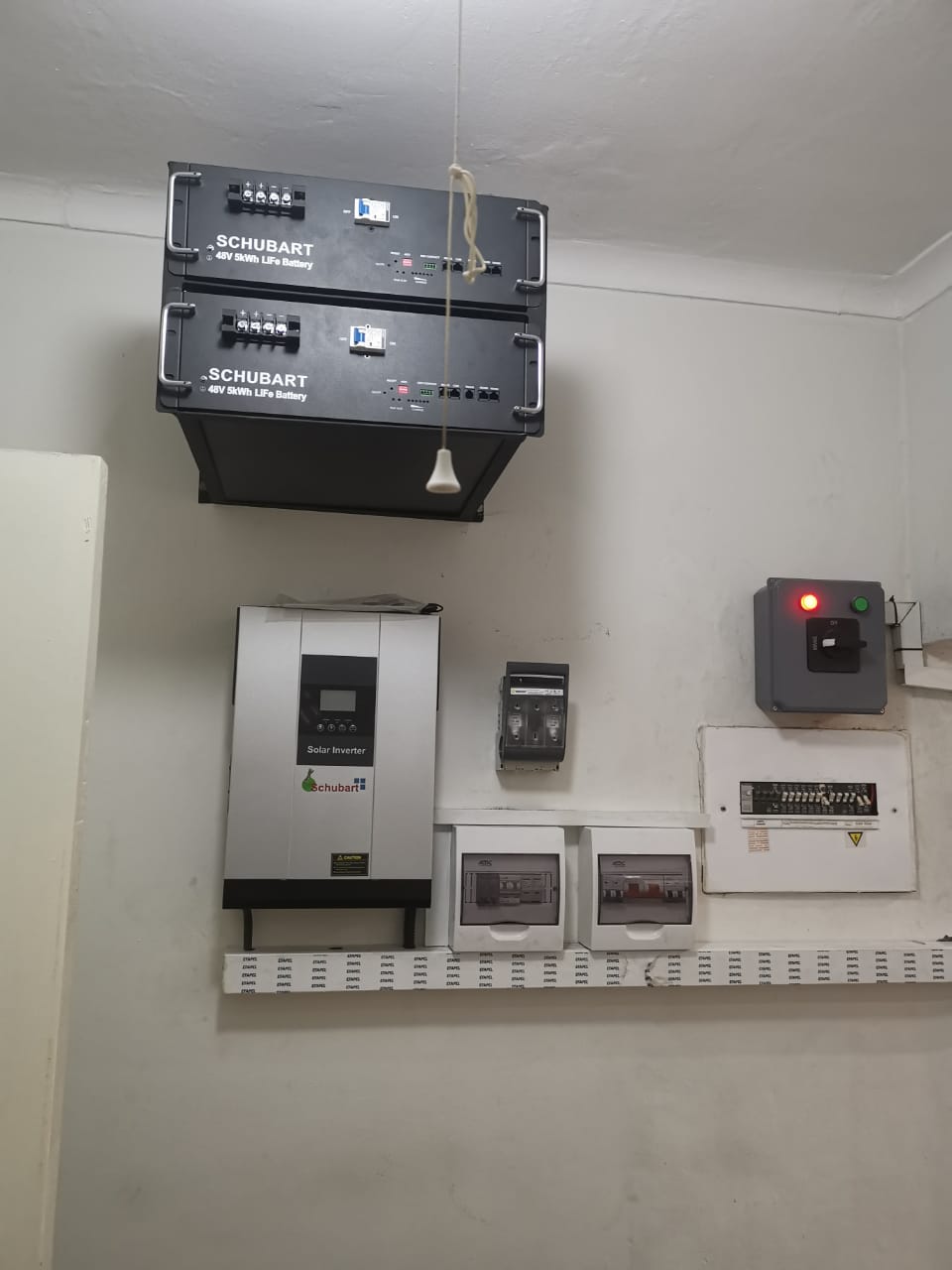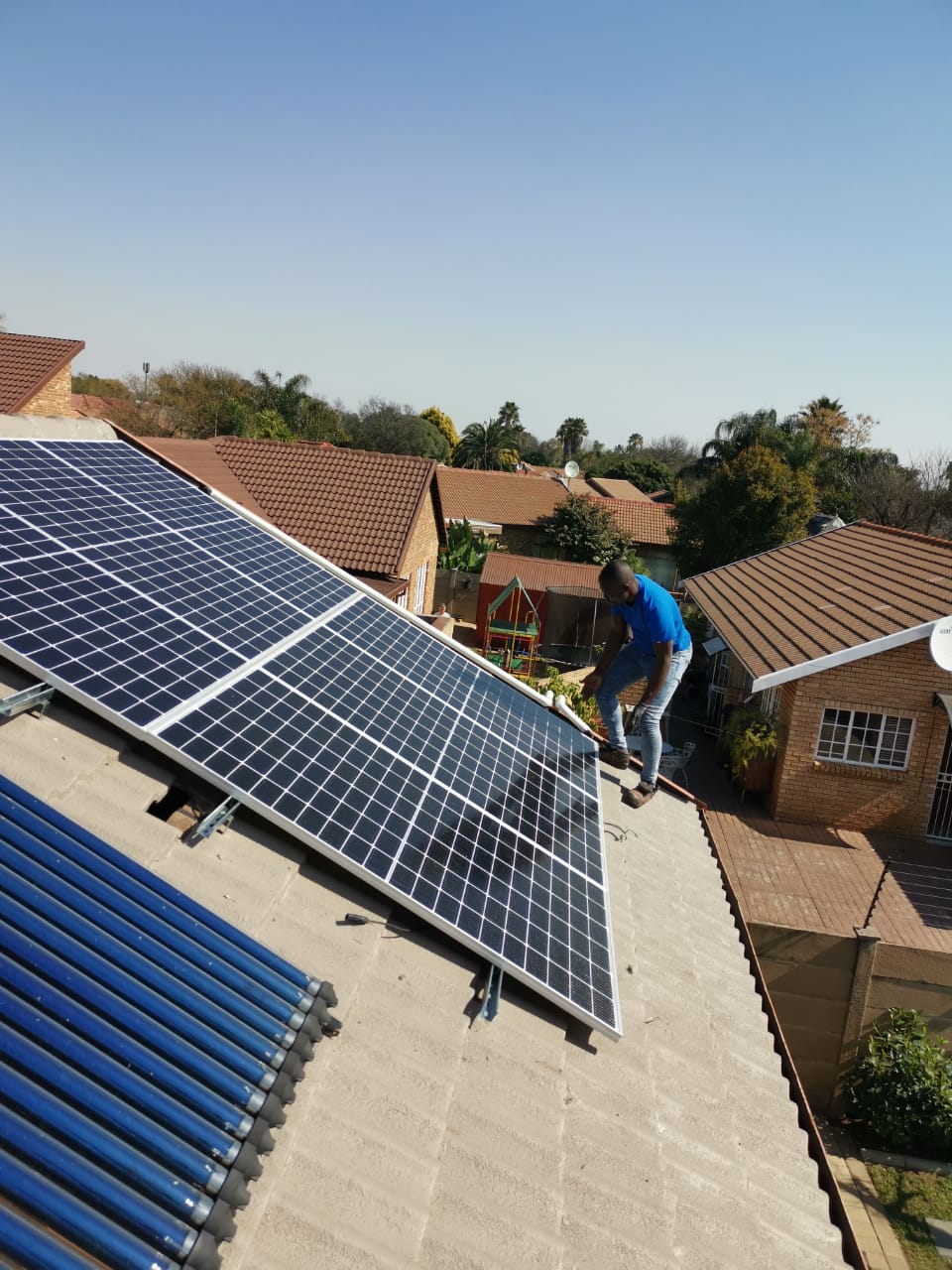What causes my circuit breakers to trip?
Circuit breakers can trip for several reasons,
including overloads, short circuits, or ground faults.
Overloads occur when too many devices are connected to a
single circuit, causing it to draw
more current than it can handle. Short circuits happen when
a hot wire comes into contact with a neutral wire, creating a
surge of electricity that trips the breaker. Ground faults occur
when a hot wire touches a grounded surface, such as a metal box or conduit.
If your circuit breakers are tripping frequently, it's important to have
a qualified electrician diagnose and fix the issue to ensure the safety
of your electrical system.
Why is my invertor not charging my batteries?
There could be several reasons why your inverter is not charging your batteries.
Some common causes include a faulty charger, a dead battery, or a problem with
the wiring or connections. It's also possible that the inverter itself is malfunctioning.
To determine the exact cause of the issue, it's best to have a qualified electrician
inspect your system and perform any necessary repairs or replacements.
How often should I have my electrical system
inspected?
It is recommended to have your electrical system inspected at
least once every few years, or whenever you notice issues such as flickering lights, frequent breaker trips, or unusual noises from outlets or switches. Regular inspections help identify potential
hazards and ensure your system remains safe and efficient.
What should I do if I experience an electrical emergency?
In the event of an electrical emergency, such as a power outage,
electrical fire, or exposed wiring, it is important to prioritize safety.
First, turn off the main power supply if it is safe to do so.
Avoid touching any exposed wires or electrical components.
Then, contact a qualified electrician immediately to address the issue.
If there is a fire, evacuate the area and call emergency
services.
What is a Certificate of Compliance (CoC) and why do I need one?
A Certificate of Compliance (CoC) is a legal document that certifies
that electrical work has been completed in accordance with safety standards
and regulations. It is typically required for new installations, renovations,
or when selling a property. A CoC provides assurance that the electrical
system is safe and compliant, protecting both the property owner and occupants.
Do you offer free quotes or consultations?
Yes, we offer free quotes and consultations for all our services. Contact us to discuss your needs and we will provide a detailed estimate at no cost.

